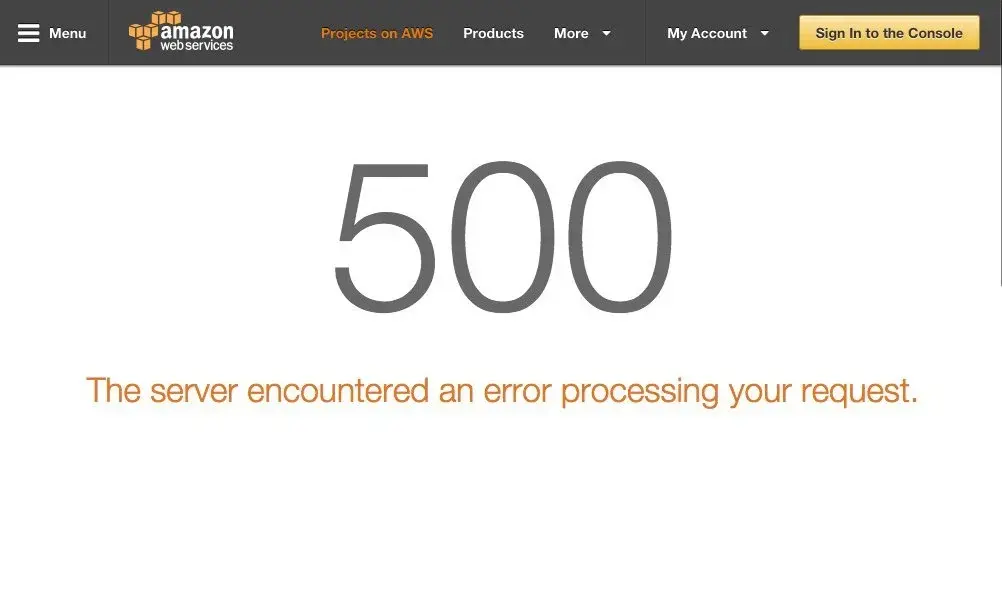Prime Minister Viktor Orbán’s goal to turn Hungary into a global EV battery hub is facing environmental backlash and legal challenges.
-
Prime Minister Viktor Orbán wants to make Hungary a global EV battery hub and Chinese investors have funneled billions into the sector.
-
Locals fear environmental degradation, and previously spent years opposing South Korean battery plants.
-
Grassroots protests, including legal challenges, have seen success in halting projects and pressuring regulators to impose fines for pollution.
Eva Kozma watched as excavators raked up clouds of dust and flatbed trucks shuttled steel beams across a bustling construction site on the outskirts of a tranquil Hungarian village. A longtime resident of the village, Kozma pointed at the former farmland where Chinese battery giant CATL is building a factory. Bales of hay still dotted the 221-hectare industrial park.
“Before the factories, we had fields of corn, wheat, and sunflowers. There were apple and cherry farms, and the cows were still grazing,” Kozma, a 48-year-old mother of three with an environmental engineering background, told Rest of World.
CATL, the world’s largest producer of electric vehicle batteries, is constructing an $8-billion battery plant just north of Mikepércs, a town of around 5,000 located 250 kilometers east of Budapest. “We fear that CATL will bring pollution and environmental consequences on our land,” Kozma said.
CATL dominates global EV battery production with a more than 40% market share, employing over 80,000 people worldwide and supplying leading car brands including Tesla, Ford, and Volkswagen. The company operates five overseas factories in the EU and Southeast Asia, and is in talks with American carmakers to launch plants in the U.S. CATL did not respond to Rest of World’s request for comment.
[...]
The announcement of the massive CATL factory in 2022 has sparked a new phase in small-town Hungary’s ongoing battle against the burgeoning EV battery industry, with powerful new players: Chinese investors. In 2023 alone, China funneled over $8.5 billion in foreign direct investment to Hungary. The funds largely went to its battery sector. Chinese battery manufacturers have announced planned investments of over $10 billion to produce EV batteries in Hungary.
“People fear them as poison factories. Once they hear that a new battery plant is coming … they think it’s another polluting and problematic company,” Andrea Éltető, economist and senior research fellow at the Institute of World Economics’ Hungary branch, says.
[...]
Locals protesting the now China-dominated EV battery ecosystem told Rest of World that they are not against the role of EVs in combating climate change, but are troubled by what they view as the government’s opaque decision-making that has silenced public input.
[...]
The EV investment boom of recent years boosted Budapest and Beijing’s relationship, and led to China becoming Hungary’s top foreign investor in 2023. Almost half of all Chinese foreign direct investment in Europe now flows to Hungary. The country’s proximity to EU markets means easier access for Chinese companies. CATL’s Hungarian gigafactory plans to supply batteries to carmakers including BMW and Mercedes-Benz, according to partnership agreements.
[...]
In [the Hungarian city of] Ács, a battle is playing out at the courthouse between a local environmental organization and the county government office that issued the operational permit for Bamo Technology Hungary, the domestic subsidiary of a Chinese cathode factory. The trial, which began this month, could take half a decade to conclude, and has cost the environmental group tens of thousands of dollars in legal fees, a resident involved in the lawsuit told Rest of World, requesting anonymity as they were not authorized to speak to the media.
[...]
As civic action ramps up, so, too, has government pressure. Last month, the government launched a “special investigation” into Göd-ÉRT, a civic organization led by a local investigative journalist [...] Authorities have accused the association of using foreign aid to influence elections, and are requesting extensive data and documents that include information on their press appearances, databases, and “public opinion” campaigns. Orbán’s office did not respond to Rest of World’s request for comment.
The women from Mikepércs fear that they will be targeted next. But they and other activists in Hungary’s small towns say they will continue their work. They are celebrating other small victories this year, such as in Alsózsolca, where local protests halted a Slovenian firm’s plans to build a battery recycling plant. Meanwhile, CATL told Chinese state media earlier this year that “everything is on schedule,” and its battery plant near Mikepércs will begin production in 2025.
[...]
